ARTICLE FROM: OTTAWA CITIZEN
Published on: June 8, 2014 | Last Updated: June 8, 2014 10:28 PM EDT
By Scott Stinson
sstinson@nationalpost.com
Twitter.com/scott_stinson
A U.S. wind power developer that is seeking $653 million in damages under a NAFTA challenge accuses the government of Ontario of manipulating Green Energy Act rules to benefit the interests of Liberal-connected firms, according to court documents obtained by the National Post.
The court filing, recently made public in the case that pits Mesa Power, a Texas-based developer owned by U.S. financier T. Boone Pickens, against the government, alleges Ontario replaced “transparent” criteria for the selection of energy projects with “political favoritism, cronyism and local preference.”
At issue in the NAFTA arbitration are changes made to the Green Energy Act in 2011. They allowed wind developers a brief window in which they could change the location at which their proposed projects would connect to the transmission grid. NextEra, a multinational renewables firm that was represented to the government by lobbyist Bob Lopinksi, a former senior staffer in the office of Dalton McGuinty, changed its connection points and was eventually awarded more than $2-billion worth of power contracts.
Mesa Power says in its court filing that the change effectively bumped its projects out of line, costing it sunk costs and lost future profits.
“The rules were changed to suit one applicant to the detriment of another,” the court document claims.
“The rules change was also specifically designed with NextEra in mind,” says the 243-page NAFTA document called the Memorial of the Investor. It was filed last year but released publicly last month.
“On a number of occasions,” the document says, “the Minister of Energy’s Office took explicit steps to ensure the process was being executed to the benefit of NextEra.”
“NextEra also gained assistance through the Ontario Premier’s office,” the filing alleges. “The Premier’s office injected itself into the (Feed-in-Tariff) program, and began expressing its political preferences for matters that were entirely within the regulatory realm of the (Ontario Power Authority).
The Mesa Power document also claims that NextEra “had direct access to the Premier’s Office.” It says that NextEra met with former McGuinty aides Jamison Steeve and Sean Mullin in October, 2010. Both men would later be involved in the negotiations surrounding the cancellation of gas-plants in the greater Toronto area and the payments to the affected firms.
Opposition critics of the Green Energy Act have long contended that the governing Liberals used explosive growth in renewable energy since 2009 to steer contracts toward favoured firms and Liberal insiders. Various companies have also taken the government to court over the frequent changes to the Feed-in-Tariff program, but the government has maintained that it is allowed to make policy changes even if they negatively impact green-energy investors. Ontario also lost a WTO ruling that found the “domestic content” requirements in the Green Energy Act discriminated against foreign-owned firms and were a violation of trade agreements.
“The treatment of Mesa in this case,” the court filing says, “is just another episode in a saga of maladministration, scandal, political interference, manipulation and contempt for the rule of law that dominated Ontario until the resignation of the Premier [McGuinty] early in 2013.”
Ontario, which is represented at the NAFTA tribunal by the government of Canada, says in its filing that “there is no evidence to support the claimant’s allegations.”
“In managing and implementing procurement processes, decision-makers are often forced to make adjustments at key junctures … to best satisfy the policy objectives of government,” the government filing says. “Such adjustments often result in winners and losers … as changes operate to the benefit of some and detriment of others.”
The government response dismisses claims of “wrong-doing” and says the changes that affected Mesa Power were “nothing more than a commercial consequence of legitimate policy choices.”
A decision on the NAFTA arbitration is expected in the fall.
READ MORE
